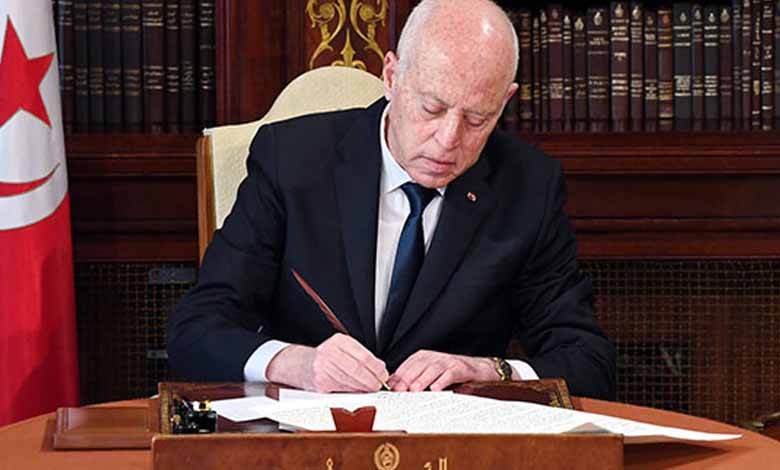Religious identity in Tunisia – Ennahdha warns against the omission of Islam in the Constitution

After the announcement by the President of the National Advisory Commission for the preparation of the new Republic’s constitution, constitutional law professor Sadeq Belaid, canceling religious identity from the draft of the new Tunisian constitution with the aim of closing the constitutional door in the face of parties with religious references, foremost among them Ennahdha and its return to the political scene from any religious gate, the movement, the political arm of the Muslim Brotherhood in Tunisia, attacked the new draft constitution, which is scheduled to be put to referendum on July 25, from this point in view.
After years of using religion as a cover and mosques to achieve political goals and gains, Ennahdha warned in a statement on its official Facebook page against “harming the constants of the people and their Arab and Islamic identity” and condemned “raising issues that the people have resolved since independence”.
On June 7, the coordinator of the National Advisory Body for the preparation of the constitution of the new republic in Tunisia, Sadeq Belaid, said in an interview with Agence France-Presse: The new draft constitution “will not mention Islam as the state religion, with the aim of countering Islamist-oriented parties such as Ennahdha”.
The first chapter of Title I of the General Principles of the 2014 Constitution states that “Tunisia is a free, independent and sovereign State whose religion, Islam, Arabic, language and Republic is its system”, which is the same chapter that was literally included in the Constitution of Tunisia after independence (the 1959 Constitution), which was suspended in March 2011, and was replaced by the Temporary Organization of Public Powers Law before the 2014 Constitution was ratified.
Although Ennahdha did not abide by the constitution it oversaw, article 6 of which “guarantees the neutrality of mosques and places of worship from party recruitment”, in its statement issued Monday, it denounced attempts to use religious identity to “exclude violators”.
Following the publication of the dialog with Belaid, it was speculated that Ennahdha and other political Islamist groups might exploit the religious identity of the Tunisian state to turn public opinion against the regime of Tunisian President Kais Saied, deliberately ignoring charges of corruption and covering up behind religion for political gain.
Ennahdha and its leader Rached Ghannouchi, who is hiding behind Islam and religious identity, are facing charges, which the defense committee for the two martyrs, Chokri Belaid and Mohamed Brahmi, said are documented, of involvement in the political assassinations that targeted a number of political activists, foremost among them Belaid in the Brotherhood. It revealed the involvement of Ghannouchi and his son, as well as others, in money laundering crimes, and suspicious financial movements with parties linked to the State of Qatar to finance the travel of young Tunisians to Syria to join ISIS camps, as well as attacks on the internal security of the state and spying on Tunisians.












